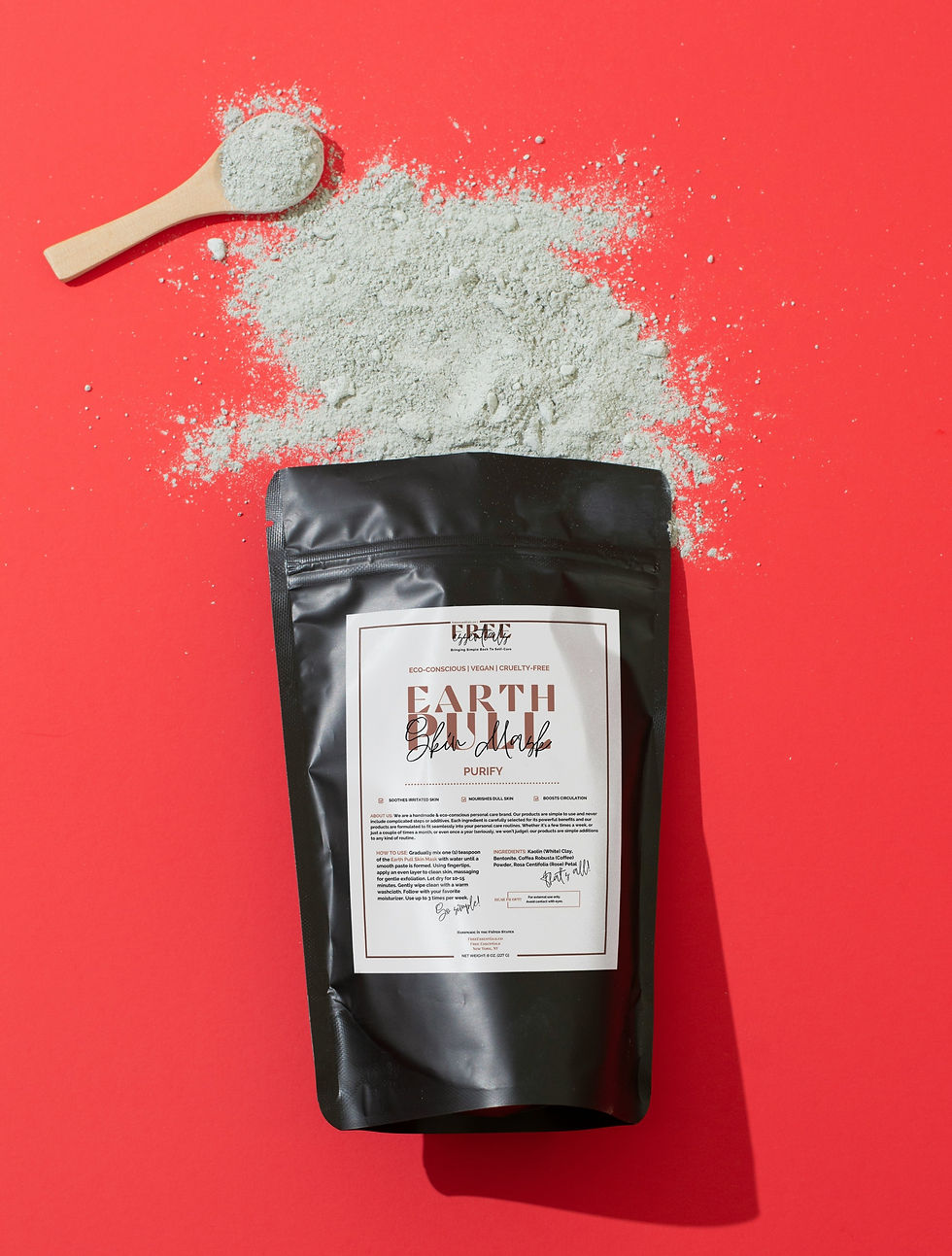Protein powders: Which form offers optimal bioavailability?
- Healthfully Myself
- Jan 25, 2024
- 3 min read
Protein powders have become a common complement to a well-balanced diet as a way of increasing one's protein intake, supporting muscle recovery and growth, managing weight, or addressing dietary restrictions. However, not all protein powders are created equal when it comes to bioavailability; the measure of how efficiently the body can absorb and utilise the protein. In this article, we will explore the different forms of protein powder to determine which offers the highest bioavailability.
*This article contains affiliate links. We may earn an affiliate commission if you purchase something through our affiliate link*

Whey protein:
Whey protein is derived from milk and comes in three primary types of whey protein powders: whey protein concentrate, whey protein isolate, and whey protein hydrolysate. While these three types vary in their macronutrient composition, in general, whey protein is known for its high bioavailability, and rapid digestion (Phillips et al., 2009). It also offers a complete source of essential amino acids that are quickly available in large quantities soon after the consumption of whey protein (Campbell et al., 2007).
A 30g serving of whey protein typically provides around 24-28g of protein that is quickly absorbed by the body.
The available whey protein options are plentiful, and ones like this from the highly reputable company Thorne are a great option:
Casein protein:
Like whey, casein is also derived from milk but is characterised by slow digestion and absorption (Antonio et al., 2017). Casein is water-insoluble and coagulates, resulting in a slow-release mechanism of amino acids that is sustained at increased levels in the body for a longer period of time (Campbell et al., 2007).
A 30g serving of casein protein typically provides around 24-27g of protein, but the digestion and absorption process is more gradual.
This casein protein from It’s Just offers a whopping 28g of protein per 33g making it a great option:
Plant-based protein:
Plant-based protein powders have gained popularity among vegans, vegetarians, and individuals with dairy allergies or sensitivities. It should be noted that plant-based proteins are less bioavailable compared to whey and casein proteins, and the full range of essential amino acids are not naturally occurring. However, plant proteins can still be highly effective in meeting protein needs, and can provide similar fitness outcomes as whey proteins when used in larger doses of 40 g/day or higher (Hertzler et al., 2020). Additionally, the growing range of plant-based proteins is making it increasingly easier to achieve an intake comparable to animal proteins.
A 30g serving of pea protein typically provides around 20-25g of protein.
This vegan protein powder from Thorne contains all the essential amino acids, and is said to be comparable to animal-based protein in digestibility:
In conclusion, whey proteins are generally considered to be of better nutritional value than plant proteins because they are a good source of essential amino acids and their high digestibility (Kaur et al., 2022). However, casein and plant-based protein powders also offer valuable benefits and can be effective options for individuals with specific dietary preferences, training goals, or dietary restrictions. By understanding the science behind different forms of protein powder, individuals can make informed decisions to support their overall health and fitness journey.
Antonio, J., Ellerbroek, A., Peacock, C., & Silver, T. (2017). Casein protein supplementation in trained men and women: morning versus evening. International Journal of Exercise Science, 10(3), 479.
Campbell, B., Kreider, R., Ziegenfuss, T., La Bounty, P., Roberts, M., Burke, D., Landis, J., Lopez, H., & Antonio, J. (2007) International Society of Sports Nutrition position stand: Protein and exercise. Journal of the International Society of Sports Nutrition, 4(1), 8.
Hertzler, S. R., Lieblein-Boff, J. C., Weiler, M., & Allgeier, C. (2020). Plant proteins: assessing their nutritional quality and effects on health and physical function. Nutrients, 12(12), 3704. https://doi.org/10.3390/nu12123704
Kaur, L., Mao, B., Beniwal, A. S., Abhilasha, Kaur, R., Chian, F. M.,& Singh, J. (2022). Alternative proteins vs animal proteins: The influence of structure and processing on their gastro-small intestinal digestion. Trends in Food Science & Technology, 122,
Phillips, S. M., Tang, J. E., & Moore, D. R. (2009) The role of milk- and soy-based protein in support of muscle protein synthesis and muscle protein accretion in young and elderly persons. Journal of the American College of Nutrition, 28(4), 343-354. http://doi.org/10.1080/07315724.2009.10718096






Comments